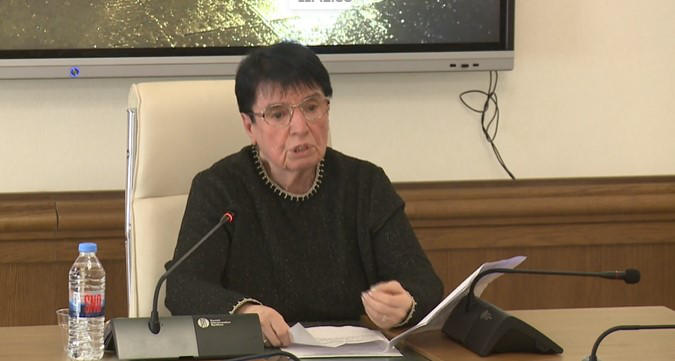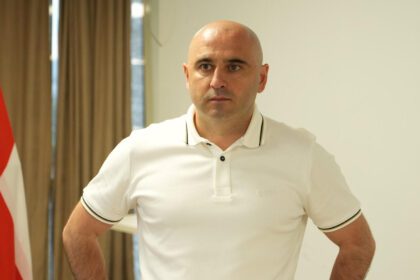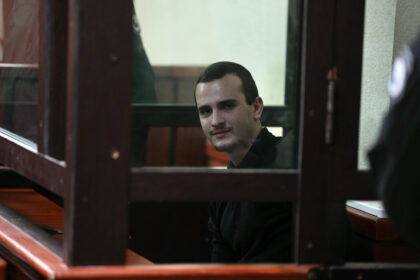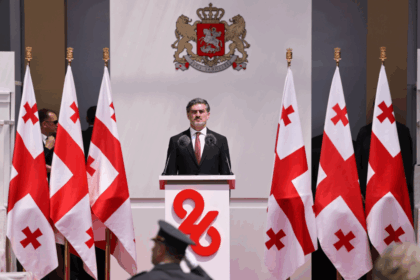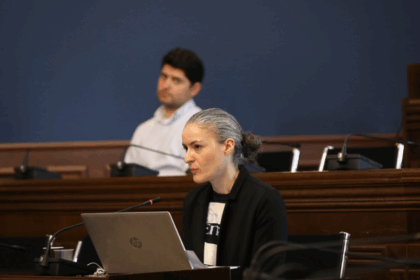**Chess Player Accuses Government of Planned Massacre**
In a shocking revelation, Georgian chess player Nona Gaprindashvili has accused the government of planning and executing a massacre on May 26, 2011. Gaprindashvili made these statements at a session of the temporary investigative commission of parliament.
According to her, law enforcement agencies deliberately blocked all exits during the events of that day, leaving no way for people to escape. This, she claims, was a premeditated operation designed to punish protesters severely. “What we went through on May 26 was planned in advance,” Gaprindashvili said. “They wanted to punish us seriously there. I call it a massacre, because what happened there, no one could imagine it.”
Gaprindashvili’s testimony is significant as she has firsthand experience of the events of that day. She claims that on April 9, another rally was held, and while the police did pursue protesters, they still had an exit route available to them. This time, however, the situation was different, with three cordons blocking all escape routes.
The events of May 26, 2011, are being investigated at today’s session of the commission. Gaprindashvili has been invited along with other key witnesses, including Davit Lortkipanidze, Giorgi Burjanadze, and Eldar (Luka) Kurtanidze.
This testimony is a bombshell in Georgian politics, as it suggests that the government was involved in a planned massacre of protesters. The implications are far-reaching, and if proven true, could have significant consequences for those responsible.
**Commentary**
The accusations made by Gaprindashvili are grave and serious. If true, they would suggest that the government deliberately targeted and punished protesters who were exercising their democratic rights. This is a chilling reminder of the dangers of authoritarianism and the importance of holding those in power accountable.
The fact that law enforcement agencies blocked all exits during the events of May 26, 2011, suggests a level of planning and coordination that would be unthinkable in a democracy. It raises questions about the government’s willingness to use force against its own citizens and whether such actions are punishable under Georgian law.
**Analysis**
Gaprindashvili’s testimony is significant not just because it sheds light on the events of May 26, 2011, but also because it highlights the dangers of impunity in politics. If those responsible for this alleged massacre are not held accountable, it sends a message that such actions can be taken with impunity.
This case has significant implications for Georgian democracy and its institutions. It raises questions about the independence of the judiciary, the role of law enforcement agencies, and the willingness of politicians to take responsibility for their actions.
The investigation into these events is crucial not just for those directly affected but also for the broader Georgian public. It is essential that this probe is carried out transparently, impartially, and with a commitment to uncovering the truth.
Read More @ www.interpressnews.ge




